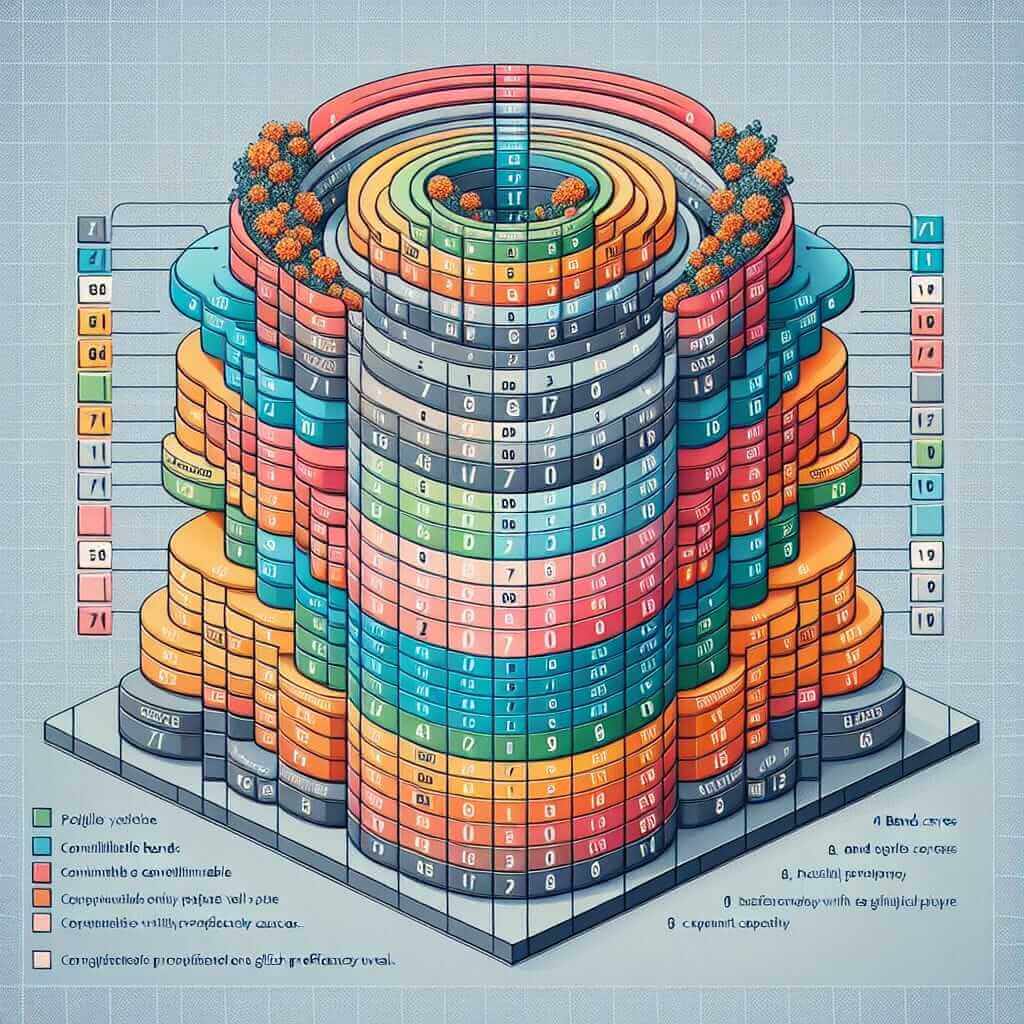As an IELTS instructor with over two decades of experience, I often encounter the question, “How much score in IELTS advanced?”. This phrasing, while common, reflects a slight misunderstanding of the IELTS scoring system. Let’s clarify and delve into what constitutes a high score and how to achieve it.
There’s No “IELTS Advanced” but there’s a High Score!
Firstly, it’s crucial to understand that there isn’t a separate test called “IELTS Advanced.” The IELTS exam has a single format with a nine-band scoring system. When people inquire about “IELTS Advanced,” they typically want to know the score range considered “advanced” or equivalent to a “C2 Proficiency” level on the Common European Framework of Reference (CEFR).
What Constitutes a High IELTS Score?
While there’s no official “advanced” label, an overall band score of 7.0 or higher is generally considered excellent and signifies a user with operational command of the language. Here’s a breakdown:
- Band 9: Expert User
- Band 8: Very Good User
- Band 7: Good User
- Band 6: Competent User
- Band 5: Modest User
Universities and immigration authorities often set their own minimum requirements, which can vary. For highly competitive programs or skilled migration visas, a minimum score of 7.0 or even 7.5 across all sections (Listening, Reading, Writing, and Speaking) is often expected.

Achieving a High Score: Strategies and Tips
Scoring high on the IELTS requires a multifaceted approach. Here’s what you can do:
1. Master the Fundamentals
- Grammar and Vocabulary: A strong grammatical foundation and a wide-ranging vocabulary are non-negotiable.
- Fluency and Coherence: Speak and write naturally, connecting your ideas smoothly.
- Pronunciation: Clear and understandable pronunciation is crucial for the Speaking test.
2. Understand the Test Format
Familiarize yourself thoroughly with the structure of each section, the types of questions, and the time constraints. Practice tests under timed conditions are invaluable.
3. Develop Effective Test-Taking Strategies
- Time Management: Allocate your time wisely during the exam.
- Skimming and Scanning: Learn to quickly find relevant information in Reading passages.
- Keyword Recognition: Identify key words in questions to guide your listening and reading comprehension.
4. Practice Regularly and Seek Feedback
Consistent practice is key. Work with experienced IELTS instructors who can provide personalized feedback on your strengths and weaknesses. Record yourself speaking and analyze your performance.
Example: Speaking Test – Achieving a Band 7 or Higher
Let’s say the Speaking test prompt is: “Describe a time you had to solve a difficult problem.”
To achieve a high score:
- Structure your response: Use a clear beginning, middle, and end.
- Provide details and examples: Don’t just state the problem; explain the context, your thought process, and the outcome.
- Use a variety of vocabulary and grammatical structures: Demonstrate your language range.
- Speak fluently and confidently: Maintain eye contact with the examiner and project your voice.
Conclusion
While “How much score in IELTS advanced?” might not be the technically accurate question, it reflects a common aspiration. Remember, there’s no separate “advanced” test, but attaining a band score of 7.0 or higher signifies proficiency and opens doors to numerous opportunities. Focus on mastering the fundamentals, understanding the test, and practicing strategically. With dedication and the right approach, you can achieve your IELTS goals!